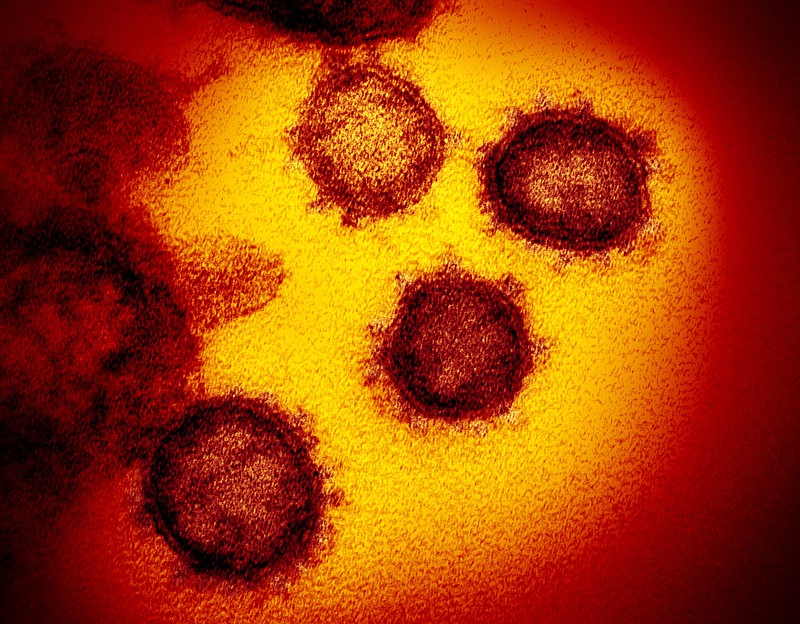In two short months since coronavirus landed on our shores, our economic, psychological and economic safety nets have largely disappeared. We look for answers. Everyday the best and brightest doctors and epidemiologists present new information and data that seemingly refute what we heard yesterday. Now, political opportunists muddy the waters. What is the truth? Where are we to turn? Are we living in the end times?
These are questions not so much of the mind, but of the soul. Throughout the centuries great minds have wrestled with questions of the soul, but none greater than the German theologian Martin Luther. Luther was best known for his courageous opposition as a Catholic priest to the corrupt practices of the Roman Catholic Church by posting his grievances publicly in Wittenberg, Germany, in 1517. At his trial in the city of Worms four years later, his accusers gave him one last chance to recant or face execution. Luther calmly told them he had no choice but to stand by his convictions: "I cannot and will not recant of anything, for to go against conscience is neither right nor safe. Here I stand, I can do no other, so help me God."
Fortunately, Luther had friends in high political places who protected him and supported his establishment of a protest (Protestant) church. However, what is less known and more pertinent to our lives today is Luther's courageous example and his deep reflection on how to handle a pandemic that swept through his region 10 years later.
The bubonic plague ravaged Europe sporadically from 1347 until 1670, killing 50% to 60% of the population. In 1527 it hit Wittenberg fearfully. Luther was directed by authorities to flee, but he refused. He and his wife, Katharina, stayed to minister to the sick and dying. Even the mayor's wife died in Luther's arms. After the plague ended, Luther published a pamphlet, "Whether One May Flee from a Deadly Plague," a treatise on how one should deal with a pandemic.
He advocated balance. He respected medical personnel who knew how to limit the spread of the disease and counseled his flock to follow their advice. He wrote, "Therefore I shall ask God mercifully to protect us. Then I shall fumigate, help purify the air, administer medicine, and take it. I shall avoid places and persons where my presence is not needed in order not to become contaminated and thus perchance infect and pollute others, and so cause their death as a result of my negligence. If God should wish to take me, he will surely find me, and I have done what he has expected of me and so I am not responsible for either my own death or the death of others."
However, he felt he could serve his community and God better by fulfilling spiritual needs. Reflecting on Paul's advice to Timothy, he wrote, "Godliness is of value in every way, and it holds promise both for the present life and for the life to come. Godliness is nothing else but service to God. Service to God is indeed service to our neighbor." Five hundred years later, Luther's words are so direct, logical and clear that we cannot help but be moved by them in how to deal with our current crisis.
There is no better example of service to one's neighbor than the outpouring of love by local responders to the Easter tornado devastation in our area. Their willingness to put their own health at risk to help their neighbors is exactly what Luther advocated.
As we progress, our national, state and local leaders face critical decisions to minimize the risk of spreading the virus while balancing the risk of further damage to our fragile economy. Like Luther we must be quick to help, respectful of authority, and above all, pray for God's divine guidance.
Roger Smith, a local author, is a frequent contributor to the Times Free Press.
